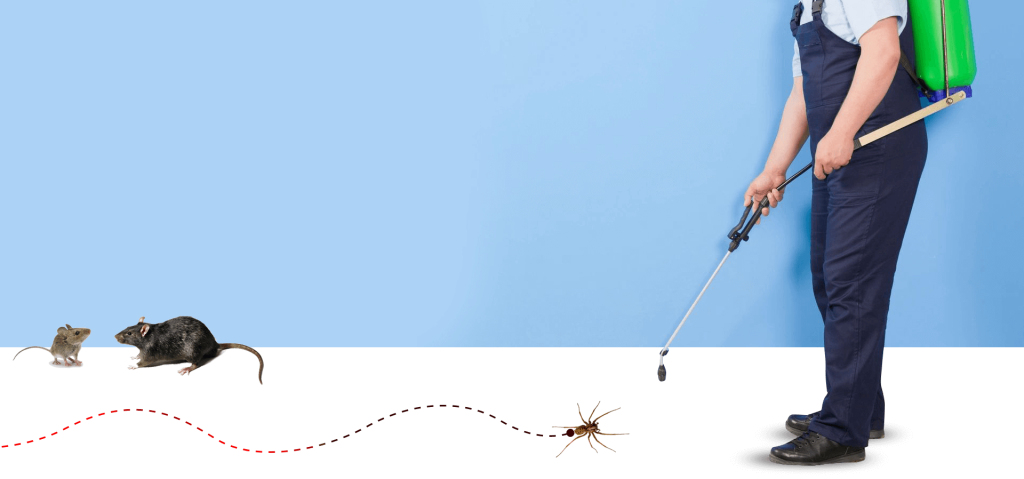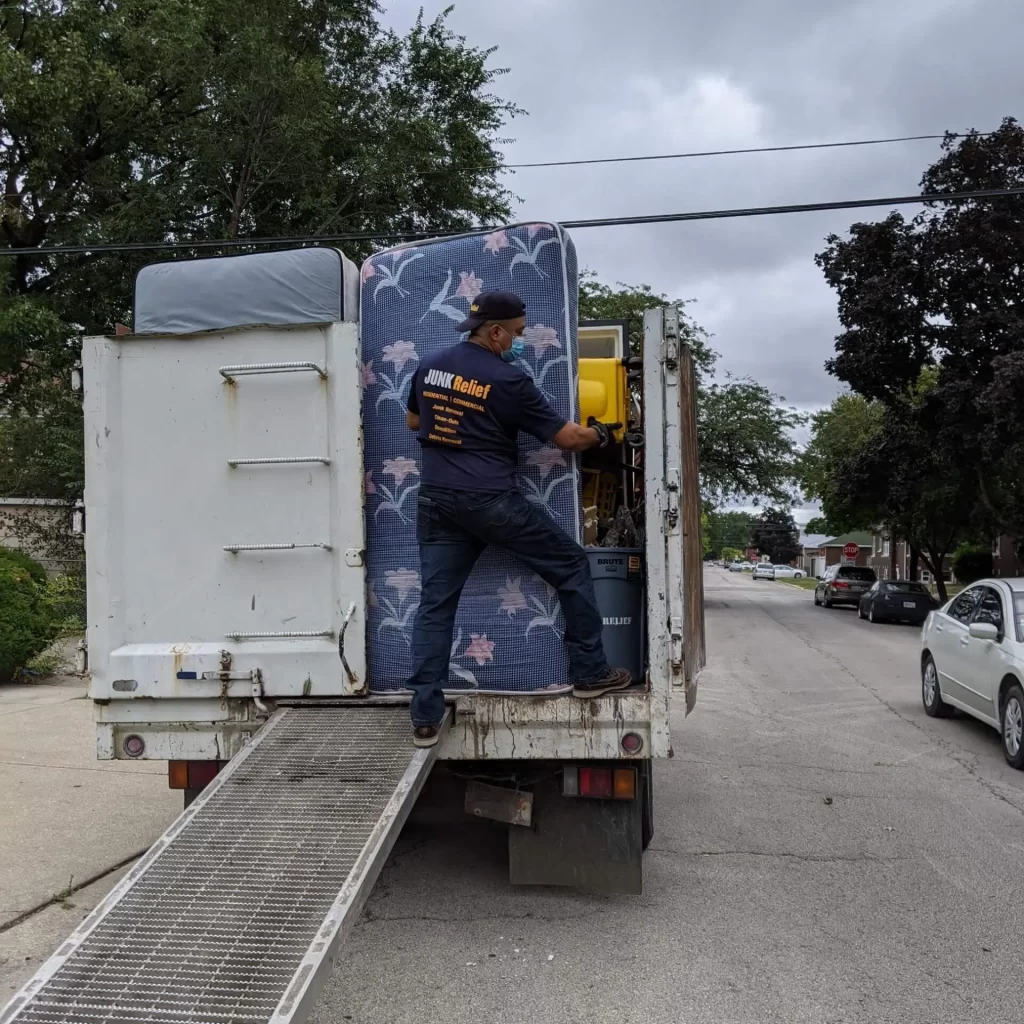Organic pest control methods offer a safer and more sustainable approach to managing pests in gardens, farms and homes. These methods rely on natural and environmentally friendly techniques to control and eliminate pests while minimizing harm to beneficial insects, animals and the ecosystem as a whole. Here are some effective organic pest control methods:

- Biological Control: This method involves introducing natural predators, parasites or pathogens to control pest populations. For example, ladybugs can be released to control aphids, while nematodes can target soil-dwelling pests like grubs. This approach maintains the ecological balance by harnessing the natural mechanisms of pest control.
- Crop Rotation: Rotating crops annually helps disrupt the life cycles of pests, reducing their buildup and subsequent damage. Different plant species have varying susceptibilities to pests and diseases, so rotating crops helps break the cycle and minimize pest pressure.
- Companion Planting: Companion planting involves growing compatible plant species together to deter pests. For instance, planting marigolds alongside tomatoes repels nematodes. Similarly, the strong scent of aromatic herbs like basil, rosemary and mint can repel insects like mosquitoes and flies.
- Mechanical Control: This method involves physically removing pests or creating barriers to prevent their entry. Handpicking larger insects, such as caterpillars or beetles and using traps, nets or fences are effective mechanical control techniques. Installing physical barriers like mesh or netting can protect plants from birds or larger pests.
- Organic Pesticides: Organic pesticides derived from natural sources, such as botanical extracts or microorganisms, can be used as an alternative to synthetic chemical pesticides. Examples include neem oil, insecticidal soaps and Bacillus thuringiensis (Bt), which specifically targets certain pests while being less harmful to beneficial organisms.
- Cultural Practices: Adopting good cultural practices can help prevent pest infestations. These practices include proper sanitation, regular pruning, removing plant debris and providing adequate plant nutrition and irrigation and pop over to these guys https://goawaypestcontrol.com/. Healthy plants are more resilient to pests and can withstand attacks better.
- Traps and Barriers: Various types of traps can be employed to catch and eliminate pests. Sticky traps can capture flying insects like fruit flies, while pheromone traps attract and trap specific pests like moths or beetles. Physical barriers, such as row covers or insect netting, can also protect plants from pests without the need for chemicals.
- Integrated Pest Management (IPM): IPM is a holistic approach that combines multiple organic pest control methods. It emphasizes monitoring and identifying pest populations, using a combination of cultural, biological and mechanical control methods and resorting to targeted pesticide applications only when necessary.
Organic pest control methods provide effective alternatives to conventional chemical pesticides, reducing environmental impacts and promoting biodiversity. By implementing these approaches, individuals can maintain healthy, thriving gardens, farms and homes while preserving the delicate balance of the ecosystem.



